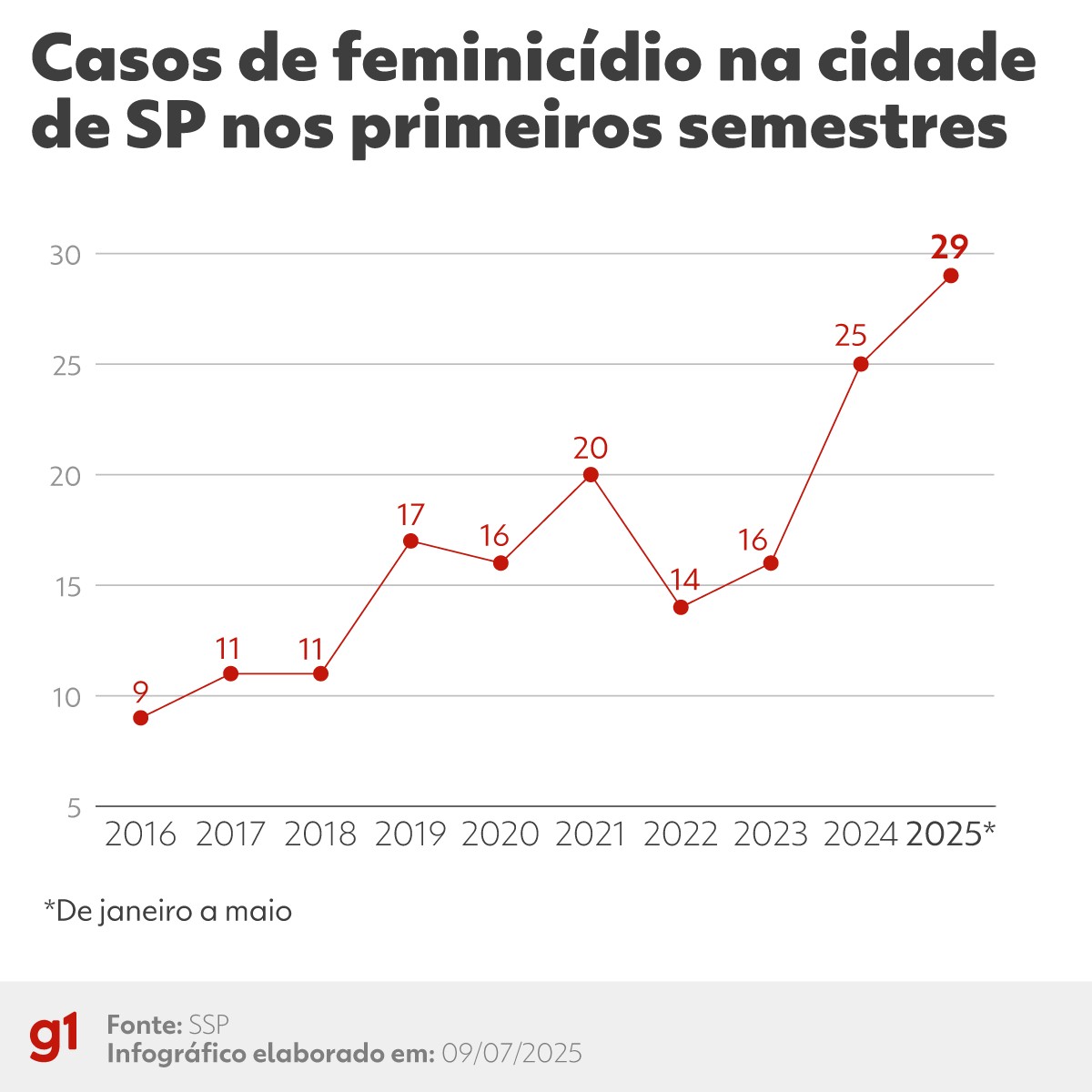In the bustling city of São Paulo, a disturbing trend is unfolding, casting a shadow over its streets and homes. The somber reality of feminicide, a crime born out of misogyny and gender-based violence, has gripped the metropolis with unprecedented force. With 29 cases already recorded between January and May, this year marks the highest number of feminicides in a first semester since records began. The insidious nature of this crime, categorized under the Law of Feminicide enacted in 2015, highlights the tragic intersection of domestic violence and discrimination against women.
As the city grapples with this surge in gender-based murders, experts like Silvana Mariano, from the Laboratory of Studies on Feminicides (Lesfem), shed light on the underlying factors fueling this alarming rise. Misogynistic values pervading society coupled with heightened awareness and accurate reporting of feminicides by law enforcement agencies contribute to this unsettling trend. São Paulo, despite its high numbers, still maintains one of the lowest rates of feminicide when compared nationally, with 1.8 cases per 100,000 women reported last year.
Delving deeper into the fabric of feminicide reveals a harrowing pattern where most crimes unfold within the confines of the victim’s own home, often at the hands of a partner or ex-partner. The chilling presence of family members, particularly children, during these acts of brutality paints a grim picture of the cruelty and spectacle often associated with feminicide. The trauma inflicted not only on the victims but also on their children underscores the far-reaching impacts of gender-based violence within familial settings.
Juliana Prates, a professor at the University of Bahia, emphasizes the profound effects of witnessing such violence on children, stressing the need for robust public policies to safeguard and support these vulnerable individuals. The emotional scars left by feminicide resonate across generations, demanding a concerted effort to provide holistic care and protection for those affected. The pending regulation of a law granting special pensions to children orphaned by feminicide underscores the systemic challenges in ensuring justice and support for these young survivors.
Looking ahead, the road to combating feminicide requires a multifaceted approach encompassing societal change, legal reforms, and comprehensive support systems. The urgency to address the root causes of gender-based violence, coupled with proactive measures to protect and empower vulnerable individuals, stands as a pressing imperative for communities and policymakers alike. As São Paulo grapples with this sobering reality, the echoes of resilience and solidarity must ring louder, offering hope for a future free from the shackles of feminicide.









Leave feedback about this